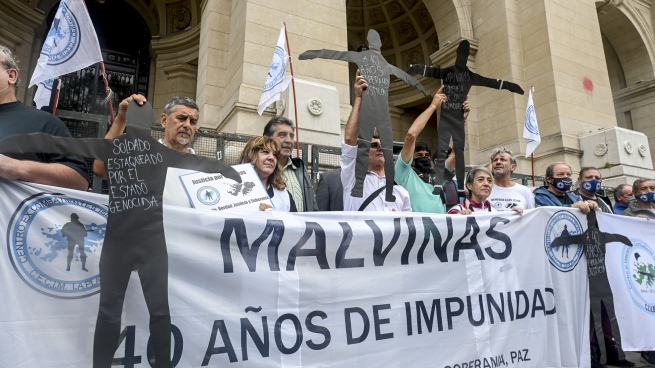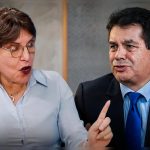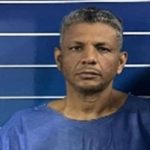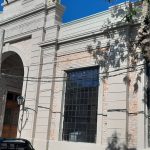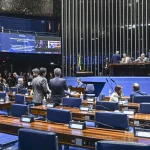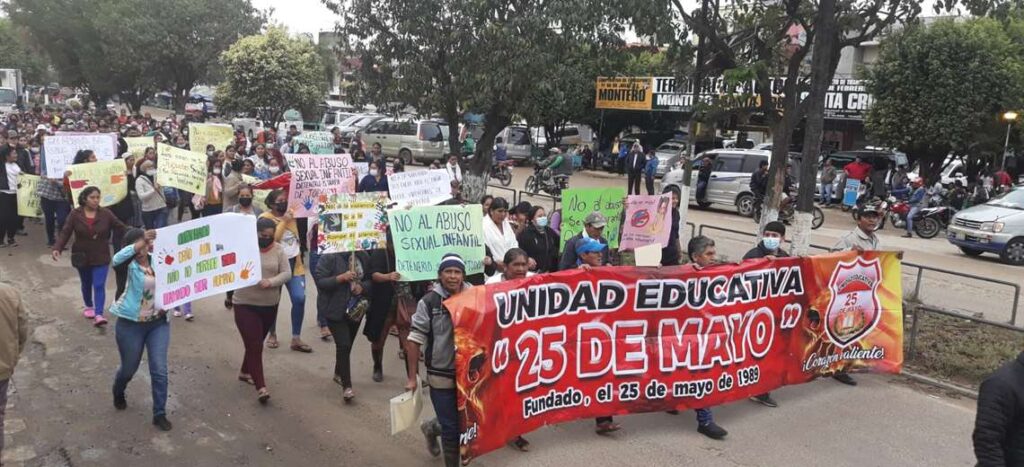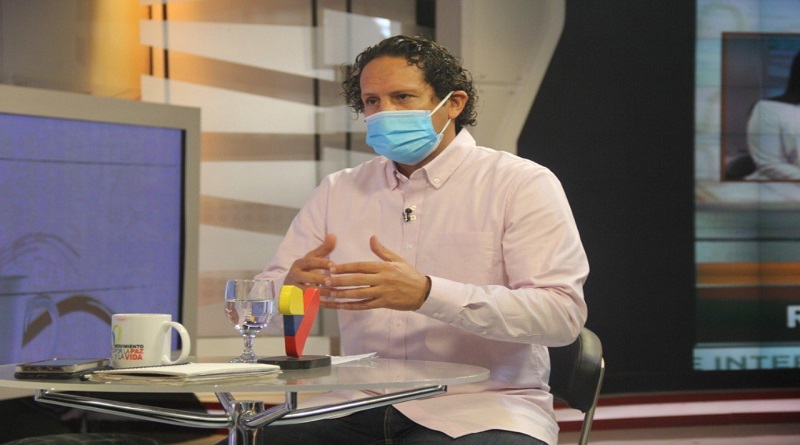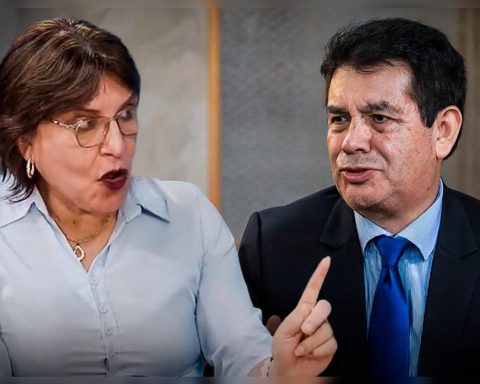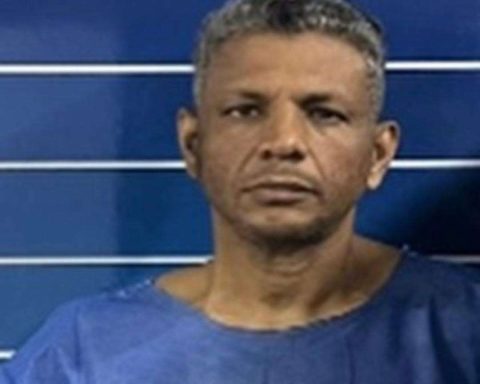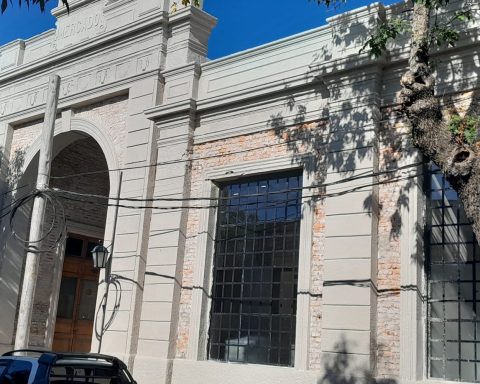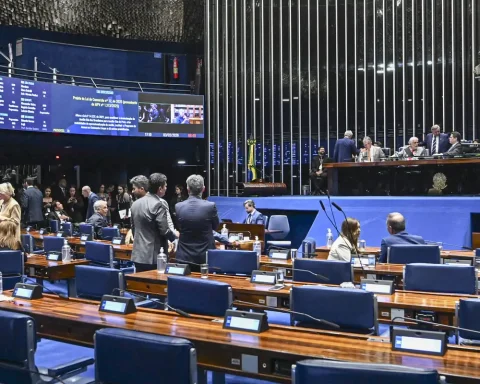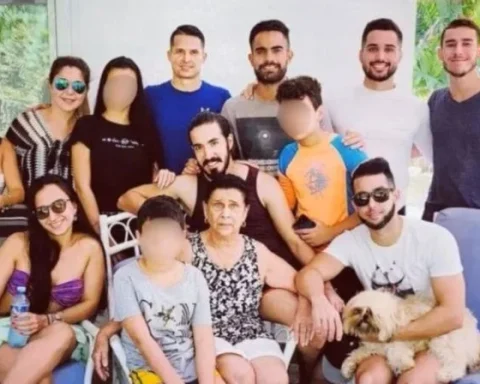The head of the Attorney General’s Office No. 4 before the Federal Chamber of Criminal Cassation, Javier Augusto De Luca, filed an extraordinary appeal before the Supreme Court of Justice of the Nation against a ruling by the Federal Chamber of Cassation, within the framework of a of the cases where the torture of soldiers during the Malvinas War is investigated, so that the highest court can rule on whether or not these acts constitute crimes against humanity and, therefore, are imprescriptible.
“This is what is intended in these proceedings: that the Supreme Court open the appeal and analyze once and for all the merits of the matter, in order to definitively resolve whether the crimes investigated here are crimes against humanity, crimes of war or serious violations of human rights. It is a ‘leading case’, of international law, a unique situation and difficult to repeat, ”explained the representative of the Public Prosecutor’s Office in his opinion.
On May 30, 2022, room I of the Federal Chamber of Criminal Cassation “allowed, by majority, the appeal of four defendants in a case where torture of conscripts is investigated and was based for this on a previous ruling of that same court,” according to the official record of the Public Prosecutor’s Office.
“In that file, the decision of the Federal Chamber of Appeals of Comodoro Rivadavia not to declare the prescription of the criminal action had been revoked,” they recalled.

In that resolution. The Court of Appeals had denied the extinction of the criminal action on the grounds that “the decision of the First Chamber of the Cassation was not extensive or applicable, which, in September 2009 and with a composition different from the current one, had ruled that the alleged acts were not crimes against humanity“.
“The conclusion that these are not acts against humanity does not rule out that they are war crimes and/or serious violations of Human Rights”Javier Augusto DeLuca
Currently, an extraordinary federal appeal is pending before the Supreme Court by the prosecutor’s office that awaits the resolution.
The representative of the Public Prosecutor’s Office explained that war crimes and crimes against humanity “generate the same international obligation for States in terms of the duty to search, arrest, prosecute and -if appropriate- punish those responsible.”
“Obstacles such as the institution of the prescription of the criminal action are not admissible to fail to comply with these obligations.”
De Luca argued that the prosecution stated that this is a fact “that can and should be dealt with right now” and “an issue suitable for dictating a leading case regarding crimes committed by soldiers in the midst of a war against their own troops and , after two years despite which, the majority of the court of cassation said that the matter was already resolved in 2009”.
In addition, he regretted that Cassation “did not address” the arguments proposed by the Public Prosecutor’s Office, “since the conclusion that these are not acts against humanity does not rule out that they are war crimes and/or serious violations of Human Rights. “.
On the other hand, it affirmed that “there is no ‘res judicata’ in the previous case nor violation of the ‘non bis in idem’ principle”, which does not allow a person to be tried twice for the same crime and that they were not the same facts or the same people.
“Our claim to treat the facts investigated as war crimes and/or serious human rights violations was omitted, it was not taken into account by the judges of the majority, which translates into grounds for arbitrary sentencing,” he stressed. , in reference to the vote of the magistrates Diego Barroetaveña and Daniel Petrone. Judge Ana María Figueroa had expressed her dissent.
And he highlighted: “Victims of torture on the battlefield have been waiting for justice for 40 years”.
